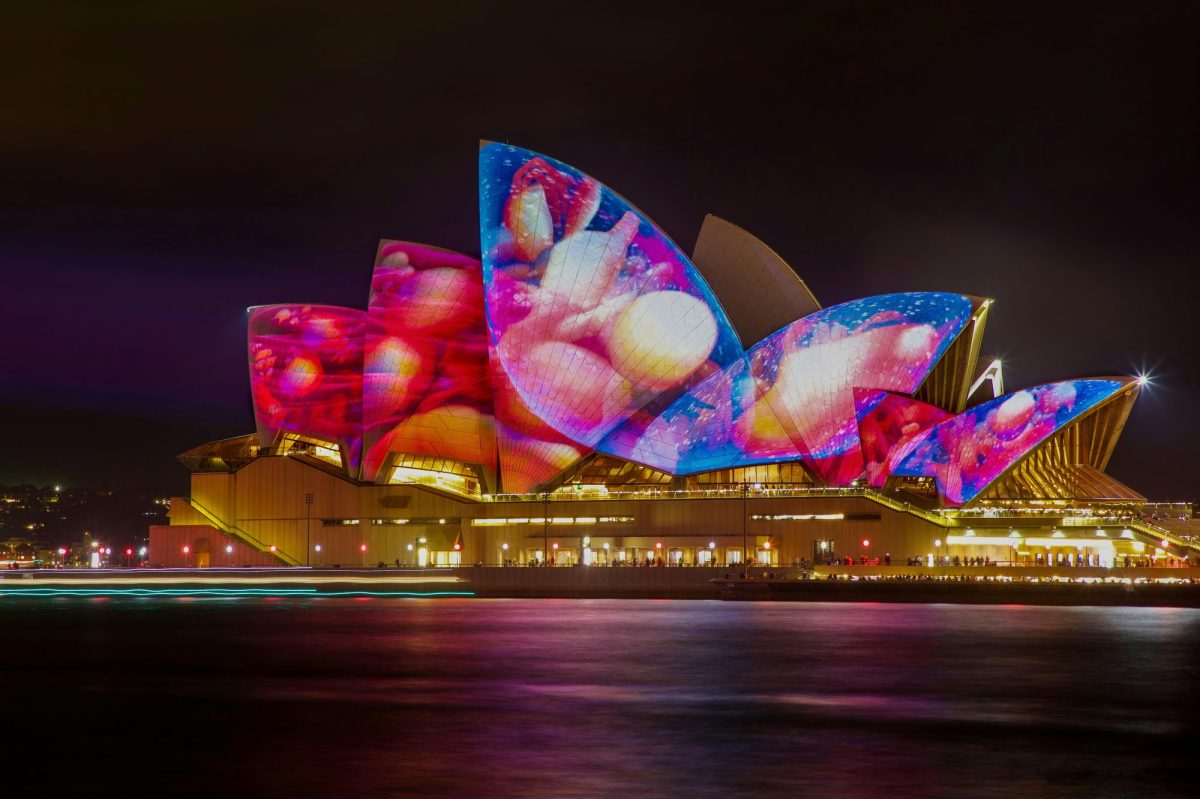Data After Dark, a new platform devised to monitor the impacts of measures aimed at revitalising Sydney’s night-time economy, was introduced this week.
Launched by the NSW Minister for Music and the Night-time Economy, John Graham, at the second annual NEON Forum yesterday (30 October), Data After Dark will collate information and insights from myriad sources, including Sydney’s Opal travel data, to track the results of the NSW State Government’s new Vibrancy laws. The so-called Vibrancy laws are aimed at cutting red tape and removing the restrictions that have had such a negative impact on the NSW state capital’s nightlife and night-time economy.
